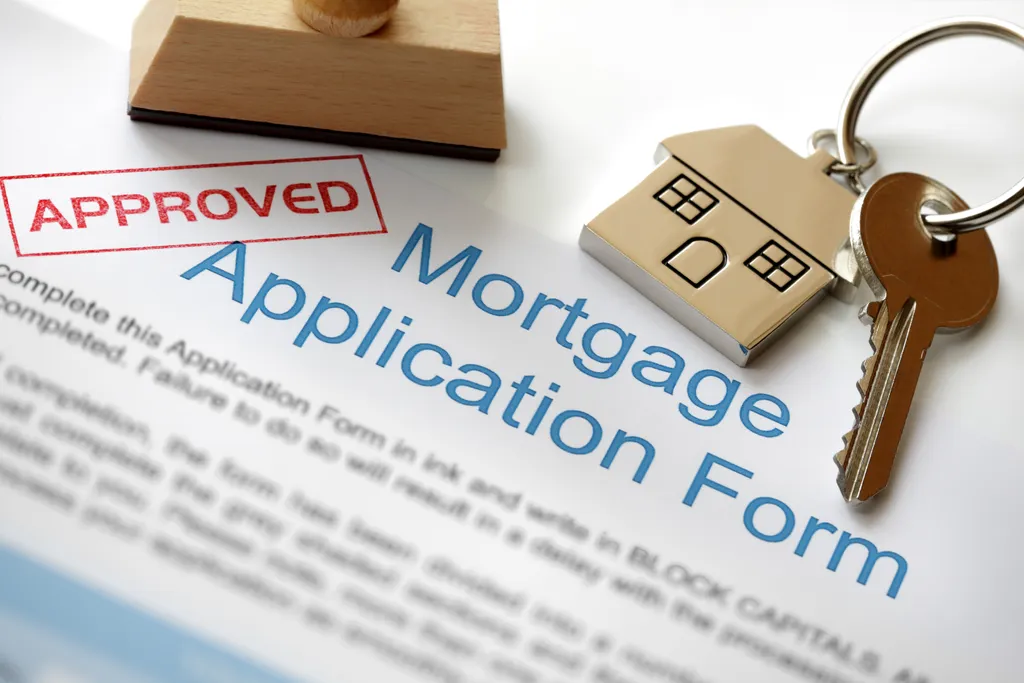You’ve found your dream home and decided on the type of mortgage you want, but before you can submit a loan application, there are a few important steps to take.
Applying for a mortgage loan requires preparation and understanding of the process. In this article, we will guide you through what to expect when applying for a mortgage loan, including key considerations during the application process.
Gather the necessary paperwork
Before starting the application process, gather all the required paperwork such as personal information, federal tax returns, bank statements, and other relevant documents.
This will help streamline the application process and ensure you have all the information readily available.
Check your credit report
It’s crucial to review your credit report and address any errors or areas that need improvement. Your credit score plays a significant role in determining your mortgage rate.
Taking steps to improve your credit score before applying for a loan can potentially save you thousands of dollars over the life of the loan.
Research and compare lenders
Take the time to research and compare different lenders to find the best mortgage rates and terms available to you. Look beyond just the interest rate and consider factors such as customer service, reputation, and closing costs.
Getting preapproved by multiple lenders can provide you with a clearer picture of the loan options you qualify for.
Fill out the mortgage application
Most lenders offer online applications that you can fill out, followed by a conversation with a loan officer. Provide accurate information regarding the type and terms of the loan, as well as your borrower, property, employment, and expense details.
Be prepared to provide contact information for someone who can verify your financial information, such as your employer.
Pay the application fee
To initiate the processing of your application, the lender will require an application fee, typically ranging from $100 to $400. This fee covers expenses such as pulling your credit report and obtaining an appraisal of the property’s market value.
Keep in mind that these fees are non-refundable but will be credited towards your closing costs.
Review loan estimates
After submitting your application, the lender will provide you with a good faith estimate (GFE) as mandated by RESPA. Review the GFEs from different lenders to compare their rates, closing costs, and terms.
Pay attention to whether the quoted interest rate is guaranteed and consider requesting a rate lock if you anticipate interest rates rising during the application process.
Loan processing and decision
Once your application is submitted, the lender will process it, reviewing its accuracy and completeness. During this stage, you may be asked to provide additional documentation or answer further questions.
It’s essential to be patient during this phase as it may take some time for the lender to reach a decision.
Closing
Closing costs, which can range from 2% to 6% of the home’s purchase price, will be incurred during the final stage of the mortgage loan process. These costs include charges such as discount points, origination fees, appraisal fees, title search fees, and attorney’s fees. Make sure to review the closing costs and understand the breakdown of expenses before finalizing the loan.
Applying for a mortgage loan requires careful preparation and understanding of the process. By gathering the necessary paperwork, checking your credit report, researching lenders, and completing the application accurately, you can increase your chances of obtaining a favorable mortgage rate.
Be patient during the loan processing stage and review the closing costs carefully before closing the loan. By following these steps, you’ll be well-prepared to navigate the mortgage loan application process and move closer to securing your dream home.

For comments, Feedback and Opinions do get in touch with our editor on WhatsApp: +44 7949 297606.
